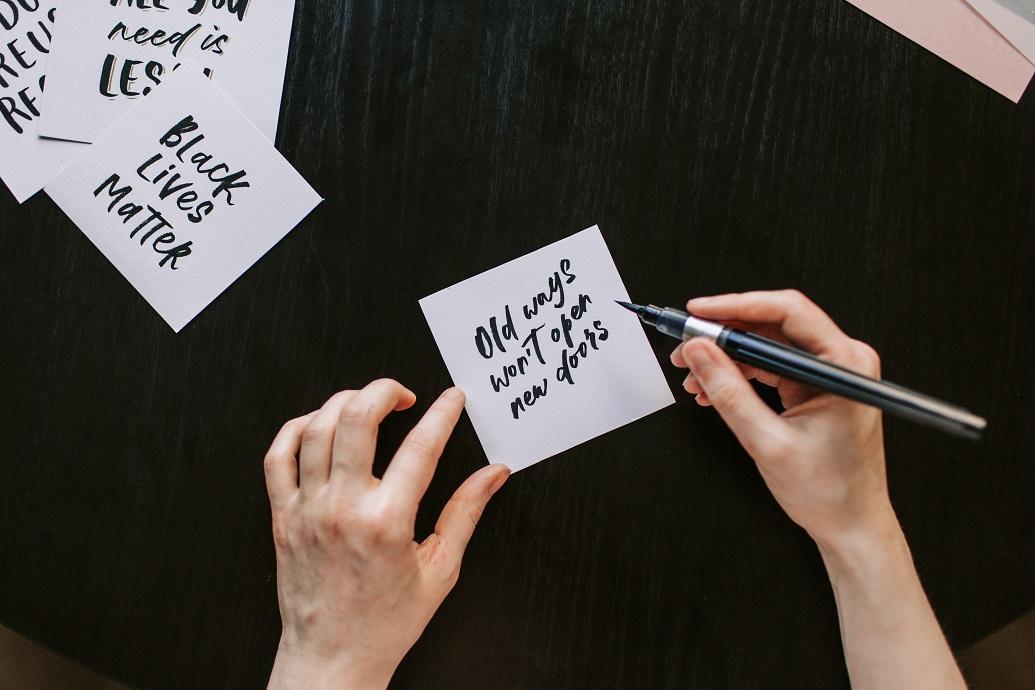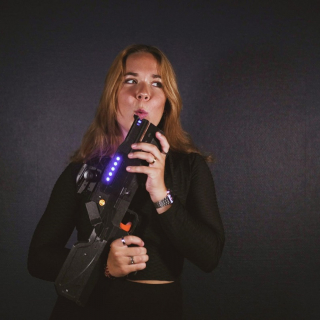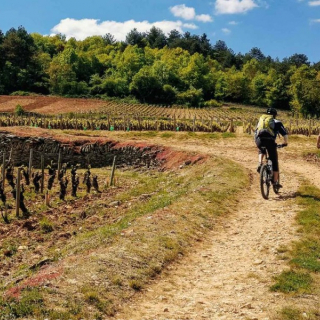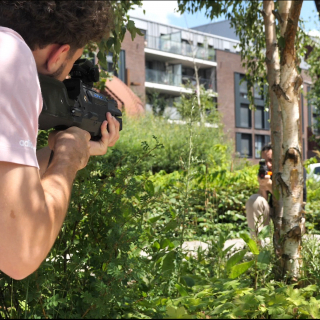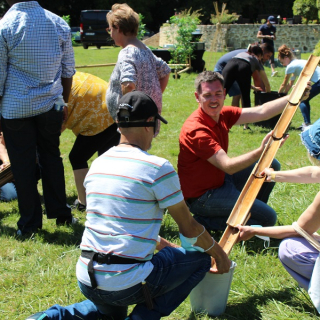On ne peut plus rien dire - Workshop on discrimination Group activity
Description
Give meaning to your next seminar, team building or incentive around the subjects of racism and discrimination.
How about talking about racism and discrimination in a no-holds-barred way? Take part in a workshop where anything goes! Where everything can be explained!
Workshop by Leeroy Infantino, Diversity Trainer.
This workshop aims to put our own prejudices into perspective so that we can overcome them.
Prevention, information and actions to fight together against all forms of discrimination.
CONTENT
For many, there's no problem, it's imported from the United States.
France is not racist. But why is the use of certain words already causing controversy when we're not yet dealing with the facts? It's just the name that's making people tense up and hysterical.
White, non-white, whiteness, racialised people, essentialisation, transversality are all misused, misunderstood terminologies that lead to misunderstandings on both sides.
Defining and understanding prejudice is essential to understanding racism.this does not make us bad people, we should not be ashamed and, above all, we should stop this defensive reaction that prevents us from correcting and exploring the inevitable racial prejudices that we have integrated.
Far be it from us to suggest that our voices are the only ones that need to be heard. They are simply one of the many pieces of the jigsaw needed to piece together the whole picture.
In ordinary interactions and in the public arena of the media, the denunciation of racism is regularly met with denial or minimisation.
Racism is a systemic, societal, institutional, omnipresent and epistemologically embedded phenomenon that permeates every part of our reality.
For most, racism is like murder: the concept exists, but someone has to commit it for it to happen. This limited view of the syndrome cultivates the sinister nature of racism and, in fact, perpetuates racist phenomena rather than eradicating them.
By raising awareness and generating discussion, we can see that each of us lives a different social reality depending on how we perceive others.
GENERAL OBJECTIVES OF THE WORKSHOPS
To develop participants' critical thinking skills.
Train participants to recognise the different types of racism and discrimination they encounter, so that they can show respect for themselves and others.
SPECIFIC OBJECTIVES
To understand and deconstruct the concepts behind ordinary racism.
Relate everyday problems to the fight against the mechanisms of racism/discrimination.
Understand the cognitive and psychosocial mechanisms associated with discrimination.
Work on your own representations and the impact of these in today's world.
2 MODULES OF 3 HOURS EACH
1- A first workshop called "Concepts". Focusing on semantics, definitions, vocabulary and the discovery of different concepts to raise awareness of the forms of discrimination. And to understand the construction of stereotypes and the construction of social identities for each individual and within a group. It helps to clarify terminology and differentiate between concepts linked to racism. We develop individual and collective work on situations experienced in the daily lives of the participants. This enables them to be identified, defined and classified without judgement. It is also an opportunity to discuss the positive and negative discrimination situations encountered. The aim is to identify the times when participants may have been in a position to discriminate (intentionally or not) against others.
2 - A second "History" workshop - "Role play" section.
Based around case studies dealing with different forms of domination developed in certain groups or states. A role-playing game is constructed here to put participants in a position to understand these mechanisms. This workshop is linked to the previous one, tracing the history of racism and putting into action the concepts discussed first.
These two workshops are designed to provide a forum for discussion. We haven't reached the end of our knowledge on this subject. Only together can we face up to it.
How can we understand others, respect them, avoid assigning them a role and realise that our own behaviour is discriminatory?
Active participation will enable us to start from our representations of racism to understand the construction of the concept of race, and the different ways in which it manifests itself.
Understanding these different stages will then enable us to identify the situations linked to racism that we may encounter or sometimes be the source of.
If we refer to the 3 principles of the French Republic: liberty, equality and fraternity, we owe it to ourselves to live up to our principles.
PRACTICAL INFORMATION
For all types of audience, from children to senior citizens.
Duration: 6 hours in total, i.e. 2 sessions of 3 hours each (depending on the project, we can adapt the length of the sessions).
Requirements: 2 rooms or spaces to create sub-groups for the workshops.
Tables, number of chairs required, depending on the number of participants, flipchart paper with markers and eraser brush.
Number of participants: 8 to 30 people (depending on the project, we can adapt the number).
For schools: It's a good idea to prepare my talk with the teachers concerned so that they can raise their awareness of the subject.
Speaker: Leeroy Infantino, Diversity Trainer
Leeroy Infantino is an active player in cultural development in the field, with recognised experience in running workshops in a range of projects for national education authorities: primary schools, middle schools, high schools, universities; various institutions: prisons, training centres, media libraries, social centres, etc.
75010 Paris
of your request
Whereez' guarantees
-
Best price guaranteed
-
No reservation fees
-
Tested and approved by Whereez
-
Secure transaction
-
Customer service 7d/7
-
100% local
